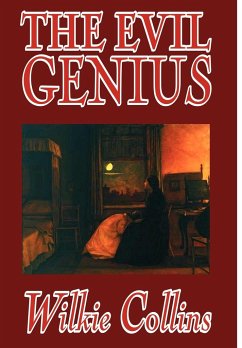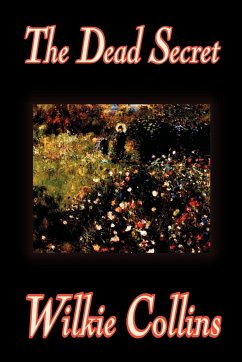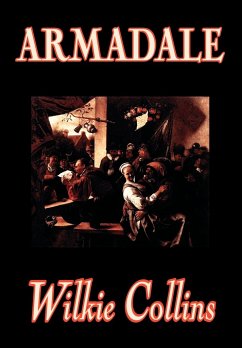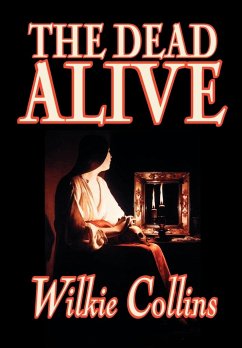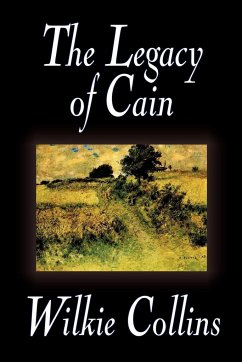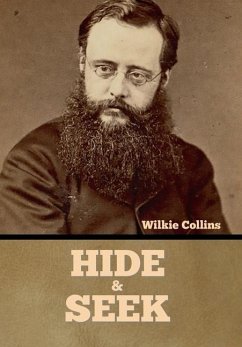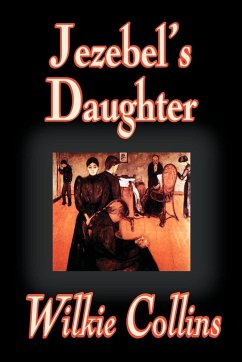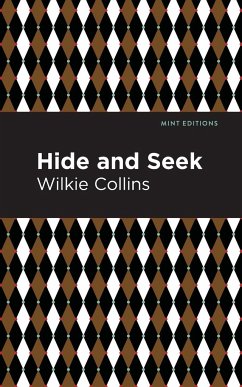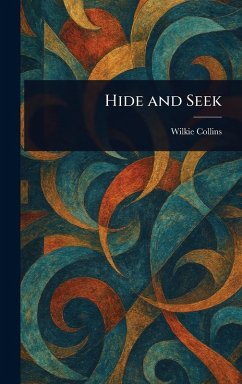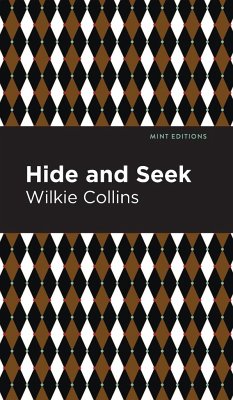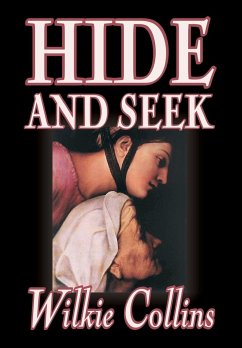
Hide and Seek by Wilkie Collins, Fiction, Classics, Mystery & Detective
Versandkostenfrei!
Versandfertig in über 4 Wochen
39,99 €
inkl. MwSt.

PAYBACK Punkte
20 °P sammeln!
The Blyths adopted her from a kindly old woman connected to a traveling circus, but everyone knew she wasn't from circus folk. All they DID know about her identity was that she'd lost her hearing in an accident, and the proprietor of the circus had treated her horribly, and, and . . . and in her cache of secret personal private things, she owned one thing as precious to her as life itself: a bracelet made of brown human hair with the initials MG tied into it. The Blyths kept it locked in a bureau for fear that Mary's unknown family might one day claim her. . . .



